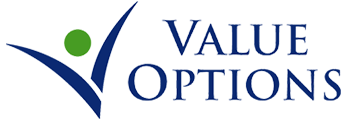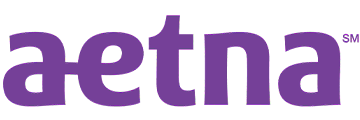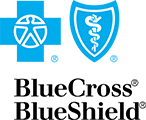Believe in Yourself
Seacrest Recovery Center NJ
Providing substance abuse and mental health treatment, utilizing proven therapeutic methods and individualized treatment tailored to your specific needs
How Does Dual Diagnosis Treatment Work
Struggling with an addiction is never easy, even if you are determined to lead a life of sobriety and put your addiction in the past. Whether you or a loved one is struggling with addiction to alcohol, drugs, or even prescription medications, learning how does dual diagnosis treatment work is highly advisable to optimize your chances of receiving the care you require for a full recovery.
Although not everyone needs dual diagnosis, mental illness and mental health often correlate with addiction, which is why dual diagnosis is such a pivotal and key element of the recovery process for most.
What is Dual Diagnosis?
Dual diagnosis involves the process of diagnosing an individual’s overall need for rehabilitation in addition to their need for mental health services and care. Individuals who are struggling with their mental health are much more likely to find themselves involved with addiction, whether they do so with the use of social drinking, prescription medications, or even illicit drugs.
The dual diagnosis process involves working with an addiction or mental health behavioral professional who specializes in the link between both addiction and mental health. A professional can help you to determine the best path and course of action for you based on your current state of mind, mental afflictions you are dealing with, as well as other mental health diagnoses you have received in the past.
Why is Dual Diagnosis Necessary for Some?
Dual diagnosis is essential for some individuals who are genuinely struggling with addiction and their mental health simultaneously. Without a dual diagnosis process, an individual may begin receiving treatment or care that is not addressing deep trauma or underlying addiction issues that have led you to your current state of being.
Those who are struggling with an addiction and do not know why may find themselves feeling more lost and confused without a dual diagnosis process in place, especially if they struggle with their mental health. Whether a person has diagnosed with Bipolar disorder, Borderline Personality Disorder, or even generalized anxiety, it is important to have a dual diagnosis process in place to provide the best care possible for each individual who is in need of care.
Who Needs Dual Diagnosis?
Anyone who has struggled with addiction in the past along with their mental health is likely to benefit from a dual diagnosis process. A dual diagnosis process is also optimal for those how have experienced relapses in the past and want to ensure that they do not occur again.
Individuals who also have unaddressed and potentially undiagnosed mental health issues, disorders, or ailments may also greatly benefit from a dual diagnosis process, especially when entering a rehab facility or treatment center for the first time.
Advantages of the Dual Diagnosis Process
Enrolling in a rehabilitation center or facility that provides dual diagnosis is a way to help get your life back on track in less time, even if you have experience with relapsing and trying various programs to rehabilitate your life. A dual diagnosis program is often the key element for some to help rejuvenate their lives without the use of drugs, alcohol, and prescription medications.
Understanding the benefits that a dual diagnosis process has to offer is highly advisable for anyone who has struggled with addiction repeatedly or severely throughout their lives. Some of the most notable benefits and advantages of the dual diagnosis process include:
Thorough Diagnosis: Get to the bottom of potential trauma and unaddressed issues or triggers that may have caused you to go down the path of addiction with a dual diagnosis process in place.
Access to Specialists: Work together with addiction specialists and health professionals to learn more about your addiction and to create a working plan of action that is ideal for your recovery.
Medical Monitoring: Dual diagnosis solutions provide ongoing medical monitoring and reporting to ensure that you remain as healthy as possible through detox, withdrawal, and recovery stages.
Additional Resources: Gain access to additional resources that may have been otherwise unavailable. Work with addiction specialists and medical professionals to find local and online resources that are best for you based on your current health and overall struggle(s) with addiction itself.
Our counselors are available 24 hours a day and are ready to take your call. Call 833-610-1174 to learn more about our treatment facilities and to discover how we can help you to get on the right road to recovery today.
Today Is The Day
You Never Have To Feel This Way Ever Again
One simple call to our caring and compassionate staff, and you can be on your way to a lifetime of freedom and recovery

As Seen On Hulu
Seacrest Recovery Center is The Featured Drug & Alcohol Rehab on Jelly Roll's Save Me Documentary on Hulu Originals
Trusted Treatment Provider
Certified and Accredited Both Locally and Nationwide
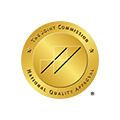
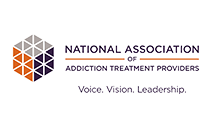
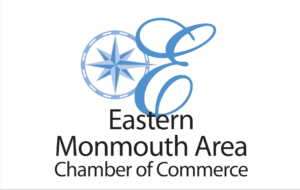
Our Clients Believe In Us
And We Believe In Them!
Here Is What They Are Saying
About Seacrest Recovery
Your First Step To Recovery
Our Locations

Columbus OH

Eatontown NJ

Willard OH



